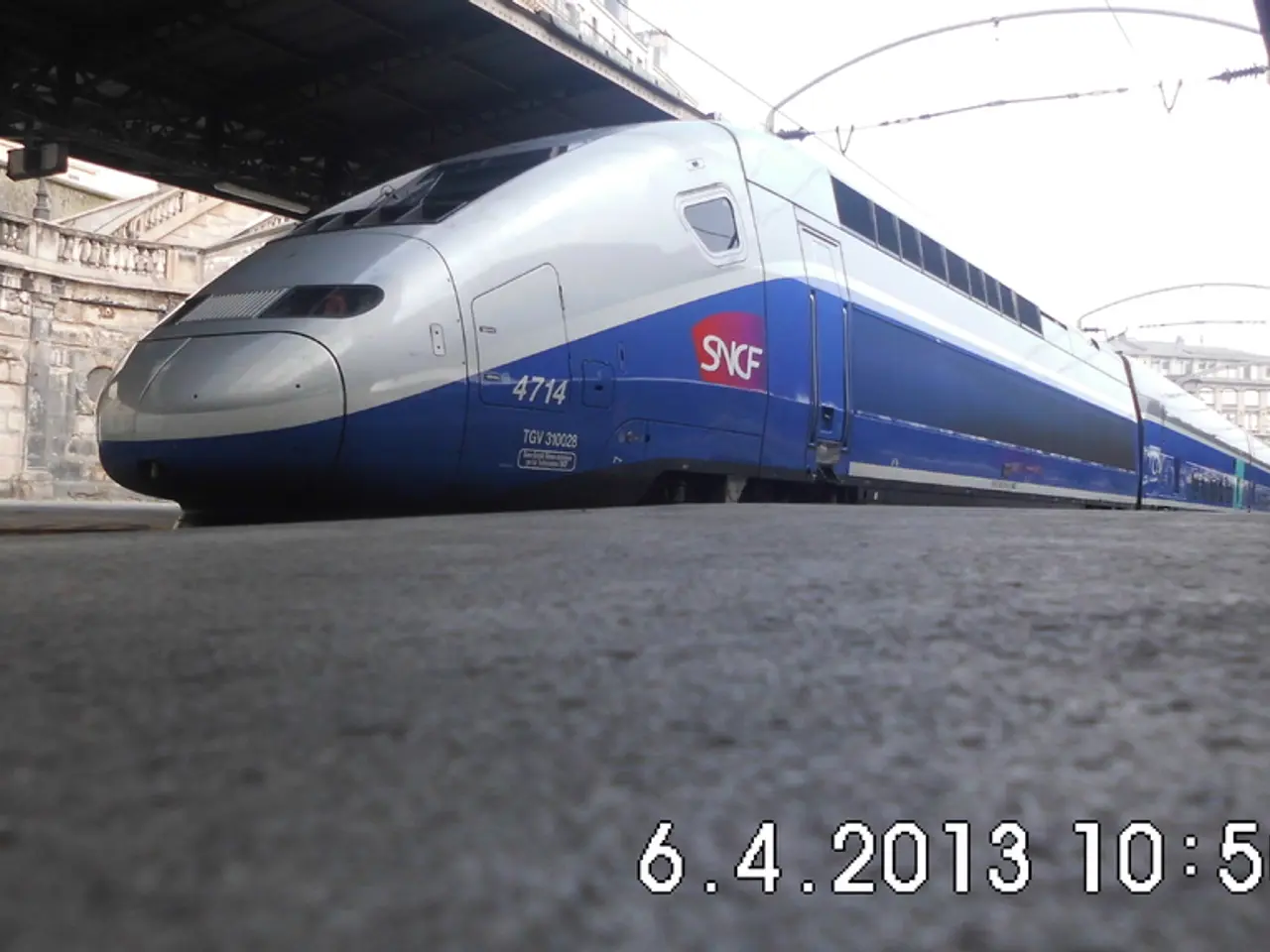Lack of Leadership and Absence of Strategic Planning
Deutsche Bahn (DB), Germany's national railway company, is facing a significant period of change as the new government embarks on a series of reforms aimed at improving accountability, reducing conflicts of interest, and strengthening oversight.
The launch of DB Infrago, a public service infrastructure subsidiary, is considered a half-hearted step towards these goals. However, the federal government, despite being the owner, was granted little real influence or control, according to the Federal Audit Office.
The current state of the rail infrastructure in Germany is dire due to severe underfunding during successive CSU transport ministers under Angela Merkel's tenure. To address this, the government is planning to pour more money into the rail network than ever before over the next few years.
Minister Patrick Schnieder (CDU) has taken the helm, with a firm intention to publish key points for another reform process by the end of September. His decision to remove DB CEO Richard Lutz before the new management team was in place has created a leadership vacuum at DB, raising doubts about a coherent rail policy.
The controversial reform of separating infrastructure and operations, often referred to as a break-up or unbundling, has yet to be pursued fully. Rarely has there been a better moment to pursue this separation, as the current state of the rail infrastructure necessitates urgent action.
The CDU/CSU's earlier break-up ambitions have been heavily watered down in the coalition agreement. The SPD, aligned with the unions, strongly opposes any split in DB. The SPD/Green/FDP coalition, which came to power, failed to present an ownership strategy for DB.
The Monopolies Commission warns that without fundamental structural reform, the billions invested in the rail network may be invested inefficiently or lost in opaque intra-group financial flows. What is required is clear accountability and political leadership to address DB's problems effectively.
The government's plans include a restructuring of the supervisory board and management, adjustments in infrastructure renovation periods aligned with special infrastructure funds, and coordinated, strategically planned rail construction and maintenance projects to ensure operational efficiency and service quality over the next decade. A new leadership selection and a strategic presentation are scheduled for September 2025.
The public service infrastructure subsidiary DB Infrago was launched in early 2024, taking over the track network and stations. However, financial and personnel entanglements with the rest of the group remain. The special fund is a once-in-a-lifetime opportunity for the state-owned group, and it is hoped that Berlin now sets the right course.
The financial and scheduling plans for the general overhaul of the rail network are already slipping, indicating deeper problems within DB beyond the need for a capable CEO. As the reform process unfolds, it remains to be seen whether these challenges can be overcome to secure a brighter future for Germany's rail network.







